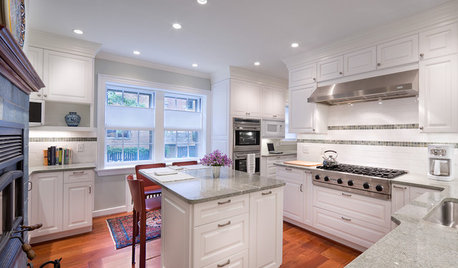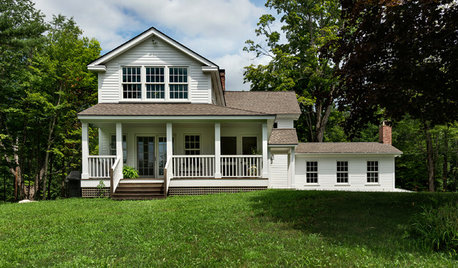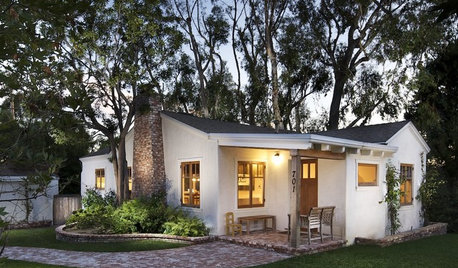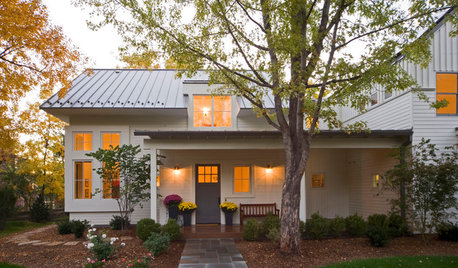Prices pegged to county appraisals and pricing foreclosures?
marys1000
12 years ago
Related Stories

REMODELING GUIDESThe Dos and Don'ts of Home Appraisal
Selling your house? These tips from the pros will help you get the best possible appraisal
Full Story
TRADITIONAL HOMESHouzz Tour: Reviving a Half-Finished Farmhouse in New England
This 1790s foreclosure home was flooded and caved in, but the new homeowners stepped right up to the renovation
Full Story
MOVING5 Risks in Buying a Short-Sale Home — and How to Handle Them
Don’t let the lure of a great deal blind you to the hidden costs and issues in snagging a short-sale property
Full Story
FURNITURESmart Shopper: How to Judge Antique Furniture Quality
Pick the treasures from the trash without expert experience by learning how to evaluate antiques and what questions to ask
Full Story
SELLING YOUR HOUSEYour Home-Selling Guide for a Faster and Better Sale
Learn staging and curb appeal tricks, how to get the best photos and more in this roundup focusing on high-impact house-selling strategies
Full Story
HOUZZ TOURSMy Houzz: A Paean to the 1950s and '60s in Pennsylvania
With vintage furniture, a sunken den and pristine original details, this home is a true homage to midcentury style
Full Story
SELLING YOUR HOUSEHelp for Selling Your Home Faster — and Maybe for More
Prep your home properly before you put it on the market. Learn what tasks are worth the money and the best pros for the jobs
Full Story
LIFE12 House-Hunting Tips to Help You Make the Right Choice
Stay organized and focused on your quest for a new home, to make the search easier and avoid surprises later
Full Story
SELLING YOUR HOUSE15 Questions to Ask When Interviewing a Real Estate Agent
Here’s what you should find out before selecting an agent to sell your home
Full Story
MOVINGHow to Avoid Paying Too Much for a House
Use the power of comps to gauge a home’s affordability and submit the right bid
Full StorySponsored
Columbus Area's Luxury Design Build Firm | 17x Best of Houzz Winner!
More Discussions








brickeyee
marys1000Original Author
Related Professionals
Asbury Park Architects & Building Designers · Palos Verdes Estates Architects & Building Designers · Pembroke Architects & Building Designers · Boardman General Contractors · Highland City General Contractors · New Baltimore General Contractors · Perrysburg General Contractors · Pine Hills General Contractors · Waldorf General Contractors · Wolf Trap General Contractors · Union City Home Stagers · Aspen Hill Interior Designers & Decorators · Stanford Interior Designers & Decorators · Suisun City Interior Designers & Decorators · View Park-Windsor Hills Interior Designers & Decoratorsdeegw
User
marys1000Original Author
brickeyee
mpinto
kats_meow
cas66ragtop
mydreamhome
brickeyee
hilnaric
liriodendron
ncrealestateguy
Billl
brickeyee
berniek
berniek
ncrealestateguy
brickeyee
berniek